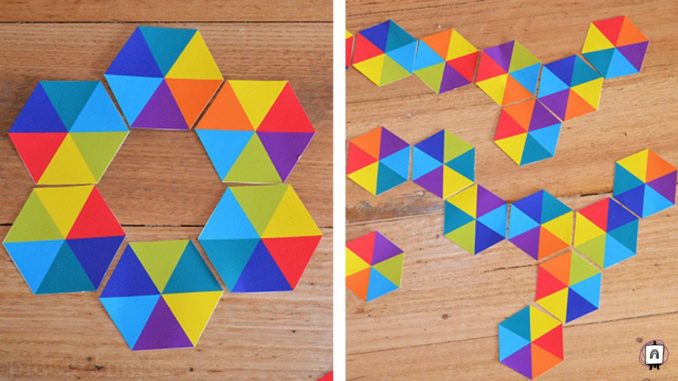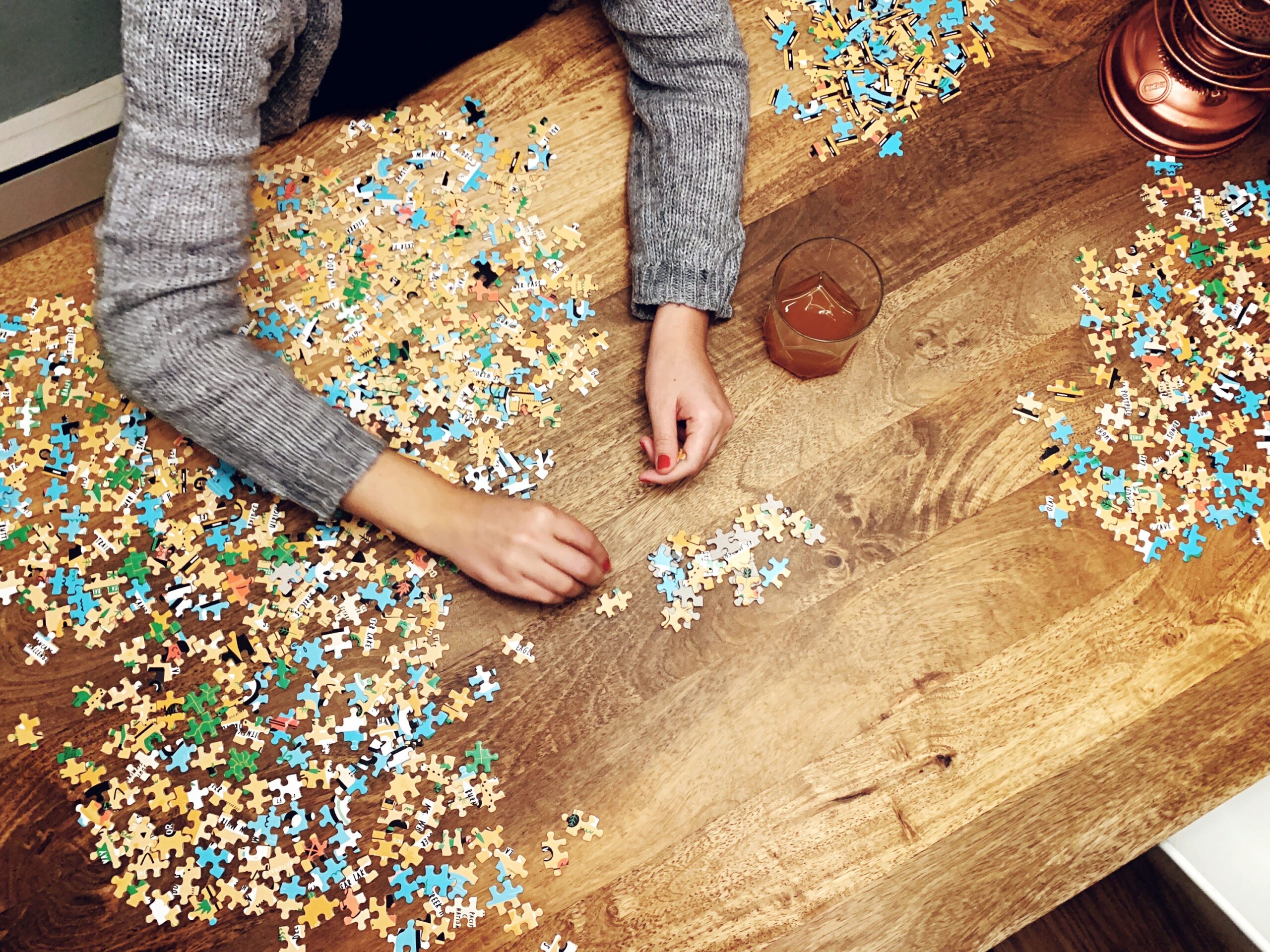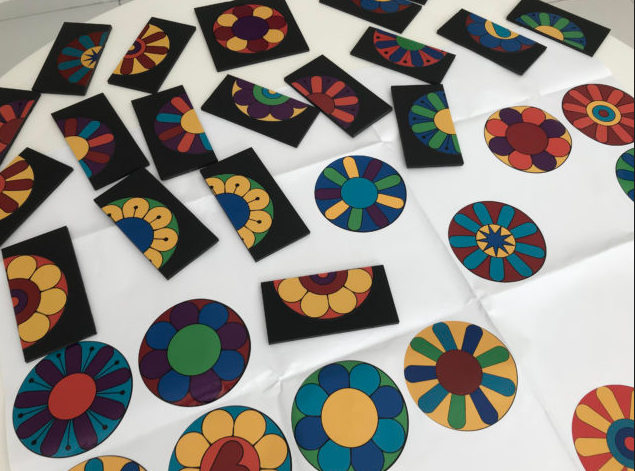
Amazon.com: Collections Etc - Organizador de espacio para armar rompecabezas con cajones, regalo para fanáticos de los rompecabezas : Juguetes y Juegos

Amazon.com: Rompecabezas para adultos de 1000 piezas para adultos, rompecabezas de 1000 piezas, rompecabezas de 1000 piezas, Italia lago de Como ciudad pequeña : Juguetes y Juegos

diy ¿cómo construir un Rompecabezas? | Fichas de rompecabezas, Rompecabezas para armar, Rompecabezas

Amazon.com: RoWood caja de tesoros con engranajes mecánicos, rompecabezas de madera 3D, juguete para armar, para hacer manualidades, juguete para pensar, kit para construcción de maqueta, regalo para adultos y adolescentes, a

Mount Vista, 500 Piezas De Rompecabezas De Madera, Juguetes para Adultos Y Niños para Relajarse, Pensar Y Armar Rompecabezas : Amazon.es: Juguetes y juegos







:format(jpg)/f.elconfidencial.com%2Foriginal%2F541%2Fa86%2Fcf2%2F541a86cf21b407325614ca146e278c3c.jpg)

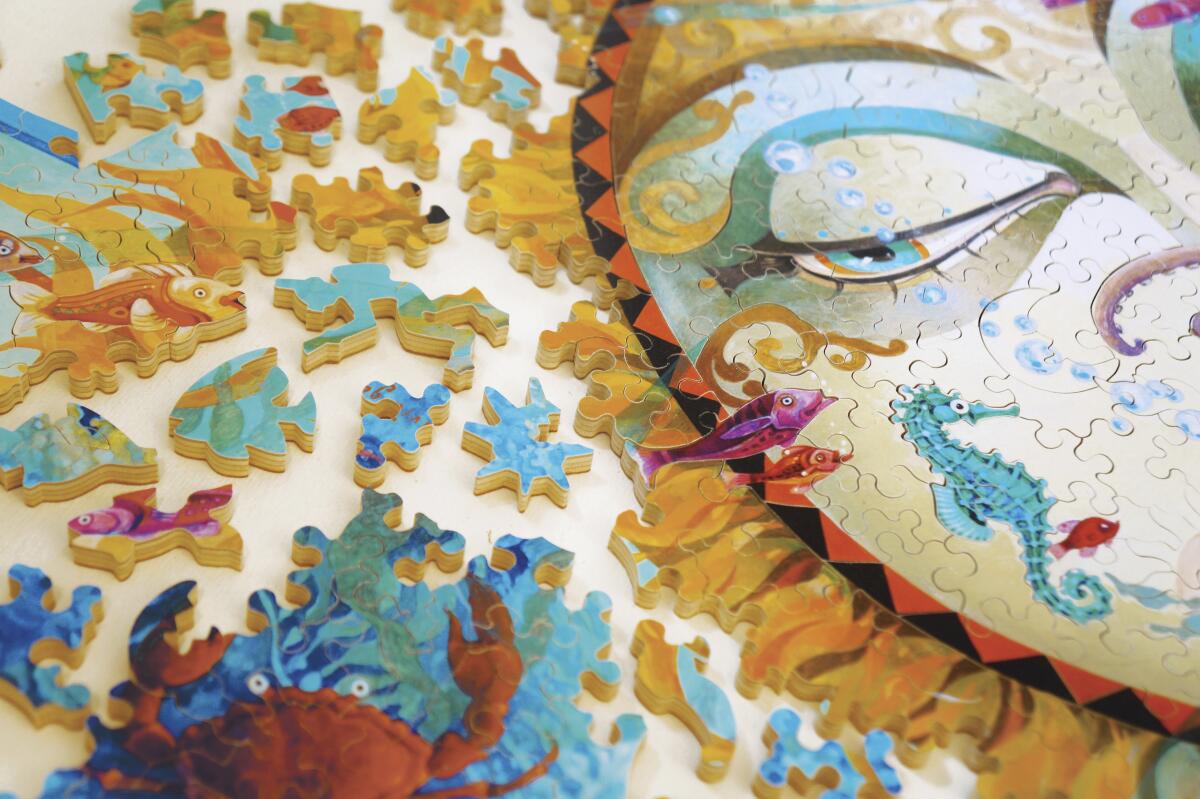

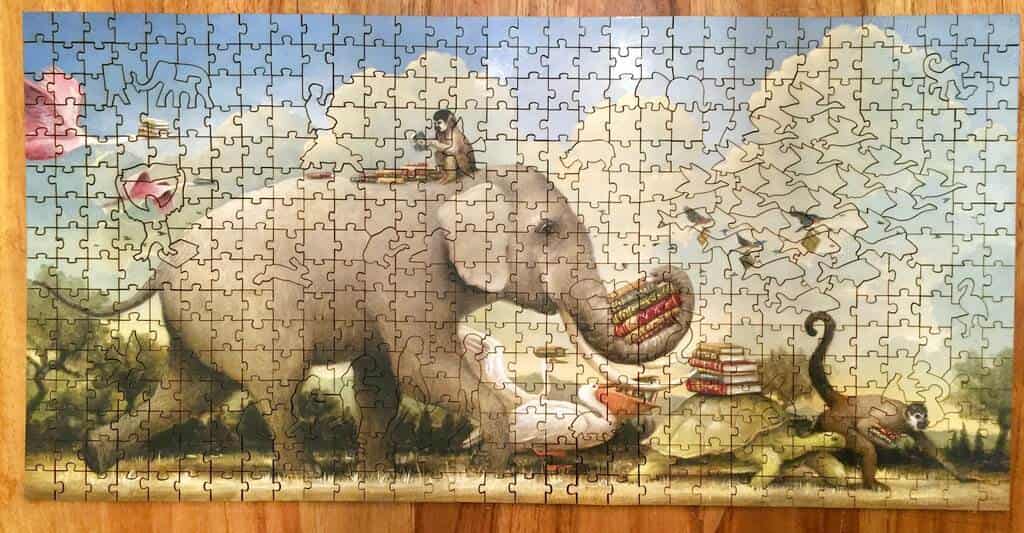
:quality(75)/cloudfront-us-east-1.images.arcpublishing.com/elcomercio/SNQ2IBABDZD6NEIQJXVP3XB4KA.jpg)


